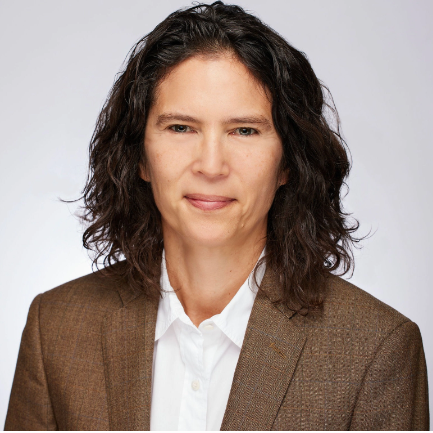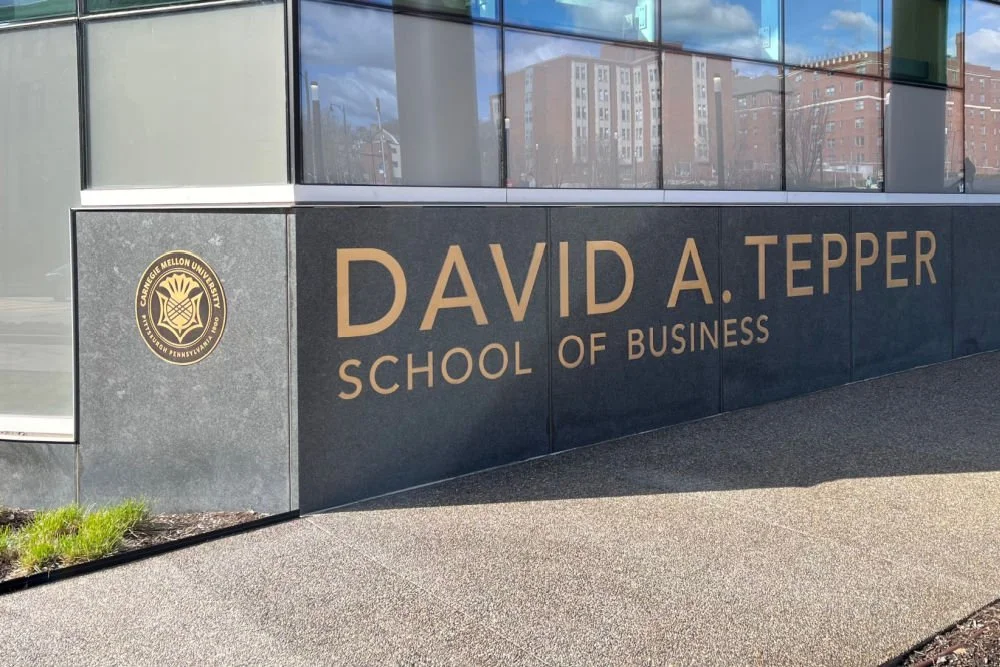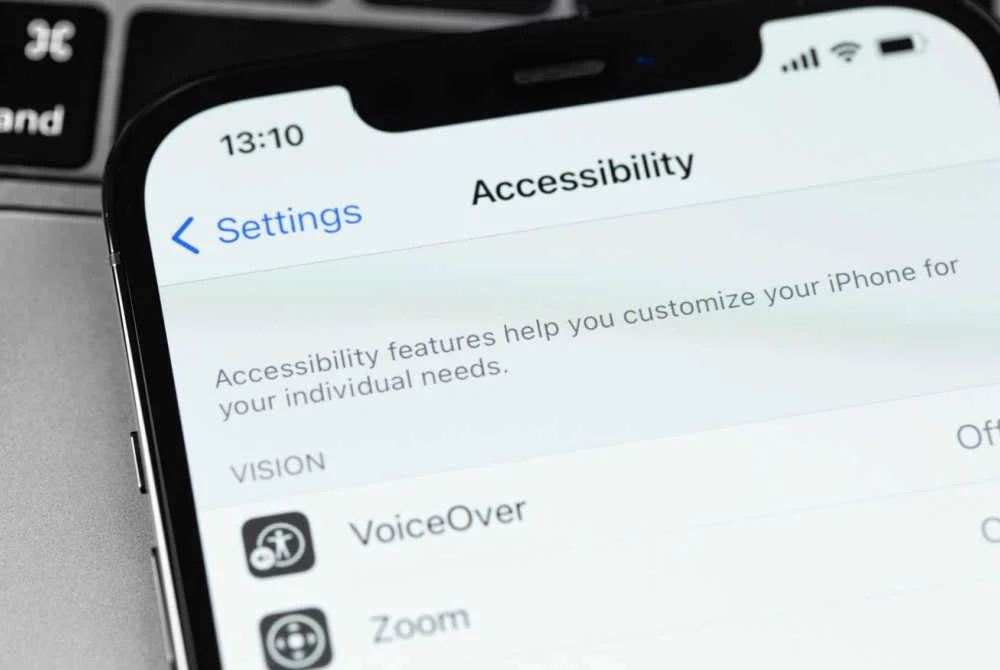Old and New: What's Interesting About the Partnership Between Rockefeller and Chan Zuckerberg
/photo: sirtravelalot/shutterstock
When John D. Rockefeller founded the first foundation bearing the family name, he did so in the autumn of his long life. A century later, when Mark Zuckerberg and Priscilla Chan began their philanthropy, they were only in their late 20s. Despite these differences, there are some striking similarities between Rockefeller and this young couple. Both Rockefeller and Zuckerberg amassed gargantuan fortunes as pioneers in new industries, attracting controversy and critics along the way, and brought the same sense of grand ambition to their philanthropy. Battling disease and improving education were two of Rockefeller's most cherished causes; the same is true of Zuckerberg and Chan. Rockefeller had a deep belief in the power of science to help humanity, bankrolling the nation's first biomedical research institute. Ditto for Zuckerberg and Chan, whose single biggest gift so far has been to create the Chan Zuckerberg Biohub.
The long-lasting Rockefeller Foundation was born out of America's first Gilded Age, and whether they like it or not, Chan and Zuckerberg are symbols of a new one.
They are also symbols of a philanthropic changing of the guard as new wealthy givers emerge and end the long dominance of legacy foundations over the grantmaking world. While these two camps tend to eye each other warily, they have a lot to gain from collaborating. The new donors bring fresh eyes and deep pockets to entrenched problems, along with a practical, can-do optimism born out of entrepreneurial success. The legacy foundations, in turn, know how the nonprofit sector works and understand the complexity of social and economic inequities that, in many cases, have defied repeated interventions by philanthropy.
For all these reasons, it’s interesting to see the Rockefeller Foundation and the Chan Zuckerberg Initiative (CZI) join forces on a new project to support equitable economic development in underserved places.
The Communities Thrive Challenge, launched last week, could end up supporting a pretty wide range of work. It’s looking for “community-driven approaches that help low-income and financially insecure people find and retain well-paid and meaningful work and achieve financial security or build economically vibrant neighborhoods.”
The key phrase there, as the initiative’s name attests, is “community-driven.” The two funders want to support projects and organizations that emerge from the bottom up to equitably stimulate local economies, on the ground, in places that could do with a boost. This is just the latest example of name-brand funders avowing that it's people in communities—not philanthropoids in distant foundations—who should be calling the shots when it comes to tackling the inequities of society. Of course, CZI has a history, here: After Mark Zuckerberg backed an initiative to improve Newark schools that was widely criticized as a top-down approach, he and Chan came to embrace active listening and community buy-in as key features of their giving. Meanwhile, a broader movement is underway in philanthropy that seeks to empower the "end users" of grant dollars. The Fund for Shared Insight, launched a few years ago to "improve philanthropy by elevating the voices of those least heard," now has the backing of many of the nation's top foundations, including Rockefeller.
The Communities Thrive Challenge will identify 80 local projects and then winnow that down to 10. The winners, to be announced this fall, will each receive $1 million and technical assistance. Critically, they’ll also get a chance to share their approaches on the national stage. The deadline to apply is coming up fast: June 12.
Given the American economy’s geographic disparities, it’s not hard to see why Rockefeller and CZI chose this route. As many frustrated local organizations will tell you, especially those in places like the rural South, it’s not easy to catch the attention of funders on Fifth Avenue and in Palo Alto. Healing that disconnect can’t be the work of community foundations and local generosity alone. It looks like these two big national funders, at least, want to step up.
As part of Communities Thrive, the two funders will visit communities across the country “to learn directly from a diverse network of community leaders.” To pick out promising applicants and help decide the winners, the initiative will also call upon a geographically diverse panel of leaders, including New Orleans mayor Mitch Landrieu, former Albuquerque mayor Richard Berry, Chicago Cook Workforce’s Karin Norington-Reaves, and the Workers Lab’s Carmen Rojas.
Of course, $10 million is a modest sum for the likes of Rockefeller and CZI. But the point here isn’t to fund economic development in every under-resourced community. It’s to find approaches that are working and spread them around. As the executive director of the Business Alliance for Living Local Economies recently told me, “Individuals who see the challenges and opportunities up close are more likely to come up with more inventive and innovative solutions.”
Related:
- Think Systemically, Act Locally: Who's Backing This Push to Build Community Wealth?
- What’s Different About the “New” Philanthropists (If Anything)?
We’ve seen how keen CZI is to work on issues like housing, homelessness and workforce development in its own backyard, including through its new CZI Community Fund. The LLC may be well-known for its bold ambitions in K-12 education and medical research, but economic issues seem to also be growing as a focus.
The Rockefeller Foundation, for its part, has long worked to promote inclusive economies as one of its central goals. It's backed a range of efforts in this area and we're curious to see how its new president, Rajiv Shah, would build on its legacy. The Communities Thrive Challenge offers some insights in that regard. Shah, by the way, is exactly the guy you'd expect to be forging new ties between legacy foundations and outfits run by living donors. He got his start in philanthropy in major roles at the Gates Foundation.
There's a lot of focus on tackling inequality in philanthropy right now, and this latest initiative is another sign of that. But as we often maintain, philanthropic bids to right America’s economic wrongs are bound to butt heads with a prevailing political-economic order that reproduces inequality. Also, even local efforts that do change power arrangements can be overwhelmed by the larger structural forces driving inequality. Policy research and advocacy is one way to tackle that challenge. In addition to “nonprofits, businesses, technologies and economic development strategies,” it’s promising to see Communities Thrive include “organizing or advocacy models” as a category it’ll consider supporting.
While advocacy is definitely part of CZI's playbook, its association with Zuckerberg and Facebook creates some complications. With the social media titan under intensifying fire these days, CZI may be less willing to back things that invite controversy or smack of politics. A century ago, it's worth remembering, Rockefeller's philanthropy was also widely feared because of the power he wielded in industry.
Related:







































